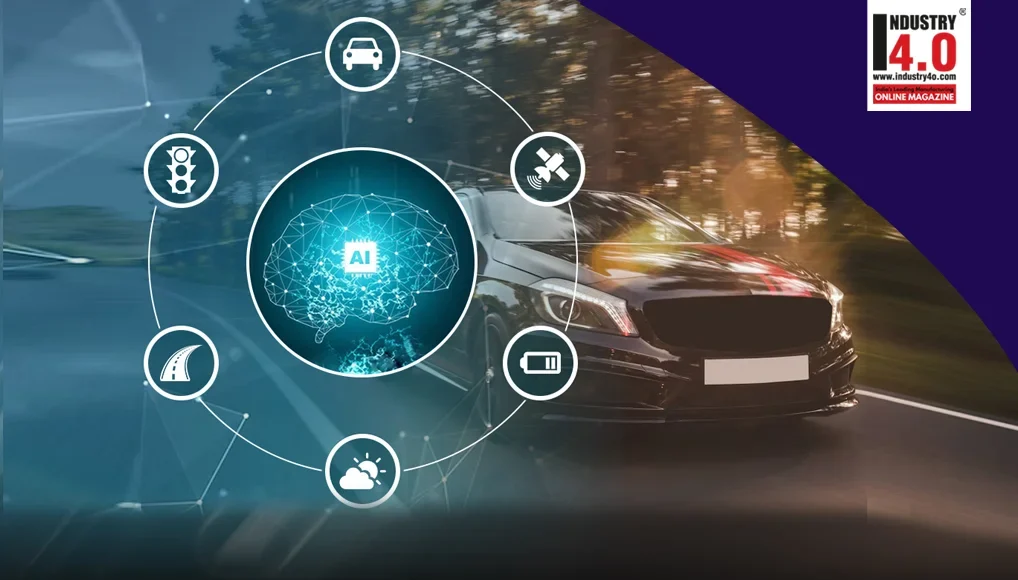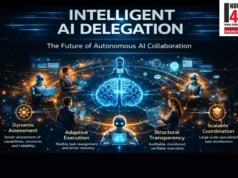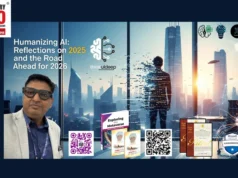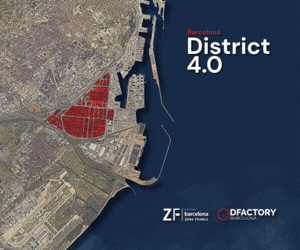How Conversational AI is Shaping the Future of the Car Industry in Industry 4.0
Introduction
The car industry has always been a leader in adopting cutting-edge technologies, and with the arrival of Industry 4.0, it’s entering a new era of transformation. Among the key innovations reshaping this sector is Conversational AI, which allows vehicles to understand and respond to spoken commands. This technology is making vehicles smarter, safer, and more interactive. Companies like Tesla, BMW, and Mercedes-Benz are utilizing AI to create more intuitive driving experiences. From voice-activated in-car assistants to intelligent customer support, conversational AI is playing a vital role in transforming the automotive landscape.
Making Cars Smarter and More Helpful
Thanks to Conversational AI, modern cars are becoming more than just vehicles—they’re becoming personal assistants on wheels. Most new cars today come with voice-activated assistants that allow drivers to control various functions by simply speaking. Whether it’s adjusting the temperature, managing music, or navigating through traffic, drivers can now perform these tasks hands-free, making the driving experience safer and more convenient.
Several car companies have taken this a step further. BMW’s Intelligent Personal Assistant and Mercedes-Benz’s MBUX are prime examples of how conversational AI systems can interact with drivers in a more natural, human-like way.
A standout feature of Conversational AI in cars is its ability to provide in-vehicle coaching. Ford Motors, for instance, uses conversational AI systems to guide fleet drivers in real time, helping them improve their driving behavior by using In-Vehicle Coaching. This system gives drivers instant feedback on braking, accelerating, and speed management, making driving safer and more efficient. This AI-driven coaching also improves fuel efficiency, reducing costs and environmental impact—crucial aspects of modern fleet management.
Moreover, Conversational AI can now make more personalized suggestions based on a driver’s preferences. By learning patterns over time, it can recommend the best routes, favorite radio stations, or even suggest refueling stops when the car detects low fuel levels. This not only enhances convenience but also offers a more tailored driving experience.
Helping Car Owners with Customer Service
Beyond the driving experience, Conversational AI is changing how car manufacturers interact with their customers. Many car companies are now using AI-powered chatbots to handle customer service tasks, such as booking a service appointment, answering questions about vehicle features, and even guiding potential buyers through the car-buying process. These chatbots are available 24/7 and can resolve issues faster than traditional methods, leading to improved customer satisfaction.
A 2023 report from PwC on AI for Customer Engagement found that the use of AI-powered virtual assistants in the automotive industry increased customer satisfaction by 30%. This is largely due to the fact that these systems reduce wait times and provide quicker resolutions to common problems. Whether it’s helping a customer troubleshoot an issue with their vehicle or assisting them in configuring a new car, conversational AI offers a more seamless and efficient customer experience.
Additionally, AI-driven systems can learn from past interactions to improve future service. For example, if a customer frequently asks about tire maintenance, the system can proactively suggest when it’s time for a tire rotation or provide related information the next time the customer contacts support. This makes the interaction more personalized and relevant, which is key in improving customer loyalty and trust.
Latest Trends in Conversational AI for Cars
In 2024, Conversational AI in cars is becoming increasingly sophisticated. It’s no longer limited to simple voice commands; AI systems are now integrated with multiple vehicle sensors, providing a deeper understanding of both the car’s environment and the driver’s preferences. For example, Tesla’s Autopilot interacts with AI systems to offer real-time updates and suggestions based on road conditions, while BMW’s Intelligent Assistant can engage in more complex conversations with the driver, like suggesting optimal routes based on live traffic data.
Another standout example is Mercedes-Benz’s MBUX system, which uses AI to learn a driver’s habits and preferences over time. MBUX offers a more personalized experience by automatically adjusting settings based on previous journeys, such as seat positions, lighting preferences, and even frequently traveled routes. It also responds to natural language commands, allowing drivers to ask questions like “Where is the nearest charging station?” or “Can you turn down the temperature?” The system’s ability to understand and act on complex, context-aware commands is pushing the boundaries of in-car AI.
One of the latest trends is the combination of Conversational AI with autonomous driving technology. In autonomous vehicles, AI systems can communicate with drivers to explain how the vehicle is operating and when the driver needs to take over control. These systems also help ensure a smooth transition between manual and autonomous driving modes, making it easier for drivers to feel confident with autonomous technology.
Additionally, as Conversational AI continues to evolve, it is becoming more capable of understanding context and nuances in speech. This means that future AI systems will be even more accurate in interpreting complex commands, making interactions feel more natural and less robotic.
Conclusion
Conversational AI is rapidly transforming the automotive industry, making cars smarter, safer, and more user-friendly. With advancements in in-vehicle coaching, AI-powered customer service, and personalized experiences, this technology is not just improving the way we drive but also reshaping how we interact with our vehicles.
As AI systems continue to evolve, we can expect even more sophisticated features, such as better integration with autonomous driving and deeper personalization for each driver. The car industry is moving towards a future where vehicles are not just modes of transportation but intelligent partners that assist us in our daily lives, providing a safer, more efficient, and enjoyable driving experience.

Dr. Bhuvanesh Singh
Data Engineer,
Ford Motor Company, USA.

Dr. Bhuvanesh Singh is a Data science professional at Ford Motors Company, USA.
Dr. Bhuvanesh Singh is a data science enthusiast and has his MS and PhD in Data Science applications.
Dr. Bhuvanesh Singh is a result-driven professional with hands-on IT industry experience in Data Engineering, Data Analysis, Machine learning and grant-based Research Projects.
Dr. Bhuvanesh Singh is a creative problem solver with strong technical, analytical, planning and scheduling skills focusing on data-driven solutions to support informed business decisions.
Dr. Bhuvanesh Singh have experience in Python, SQL, Machine Learning, Kafka, Teradata, BigQuery, Tableau, Looker, GCP and Alteryx.
Dr. Bhuvanesh Singh is currently working on various research projects in the domain of Machine Learning, Computer Vision and Generative AI.
Dr. Bhuvanesh Singh is Bestowed with the following Licences & Certifications :
https://www.linkedin.com/in/bh
Dr. Bhuvanesh Singh can be contacted at:














